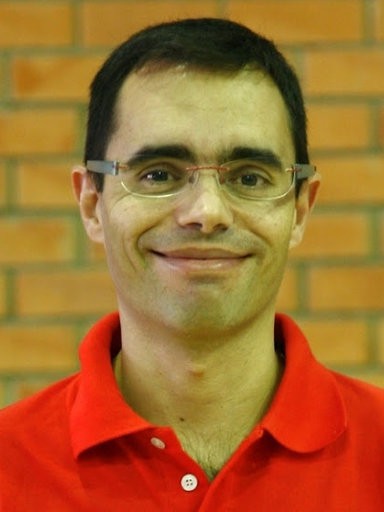abstract
During the last decades, the nucleation and crystallization of the Li2O - SiO2 system has been widely investigated and its particular theoretical features disclosed. However, multicomponent lithium disilicate systems, being of higher technological interest, still require further studies aiming at better tailoring their relevant mechanical and chemical properties. Here we report on the effects of SiO2/Li2O molar ratio and the addition of P2O5 on the structure and crystallization behaviour of multicomponent lithium disilicate based glasses. Two non-stoichiometric P2O5-free lithium disilicate based glasses featuring equimolar contents of K2O and Al2O3 and with SiO2/Li2O molar ratios of 2.62 and 2.92 were synthesized in the Li2O - SiO2 system through the melt-quench technique. The influence of partially replacing (K2O + Al2O3) by P2O5 while keeping the same SiO2/Li2O molar ratios of P2O5-free glasses was investigated. The structural features of glasses were assessed by nuclear magnetic resonance. Differential thermal analysis was used to study crystallization kinetics and the crystalline phase evolution was followed by X-ray diffraction. The results showed that an increase in SiO2/Li2O molar ratio decreased the overall crystallization rate, preventing the formation of lithium disilicate. However, adding P2O5 had an opposite effect, enhancing the formation of fine lithium disilicate crystals. The nucleating role of P2O5 is discussed.
keywords
AMORPHOUS PHASE-SEPARATION; CRYSTAL NUCLEATION; SILICATE; NMR; AL; MICROSTRUCTURE; TEMPERATURE
subject category
Materials Science
authors
Gaddam, A; Fernandes, HR; Tulyaganov, DU; Ribeiro, MJ; Ferreira, JMF
our authors
Groups
G1 - Porous Materials and Nanosystems
G3 - Electrochemical Materials, Interfaces and Coatings
G5 - Biomimetic, Biological and Living Materials
acknowledgements
This work was developed within the scope of the project CICECO-Aveiro Institute of Materials, POCI-01-0145-FEDER-007679 (FCT Ref. UID/CTM/50011/2013), financed by national funds through the FCT/MEC and when appropriate co-financed by FEDER under the PT2020 Partnership Agreement. Hugo R. Fernandes is grateful for the Post Doctoral Grant (SFRH/BPD/110883/2015) from the Fundacao para a Ciencia e a Tecnologia (FCT), Portugal.



